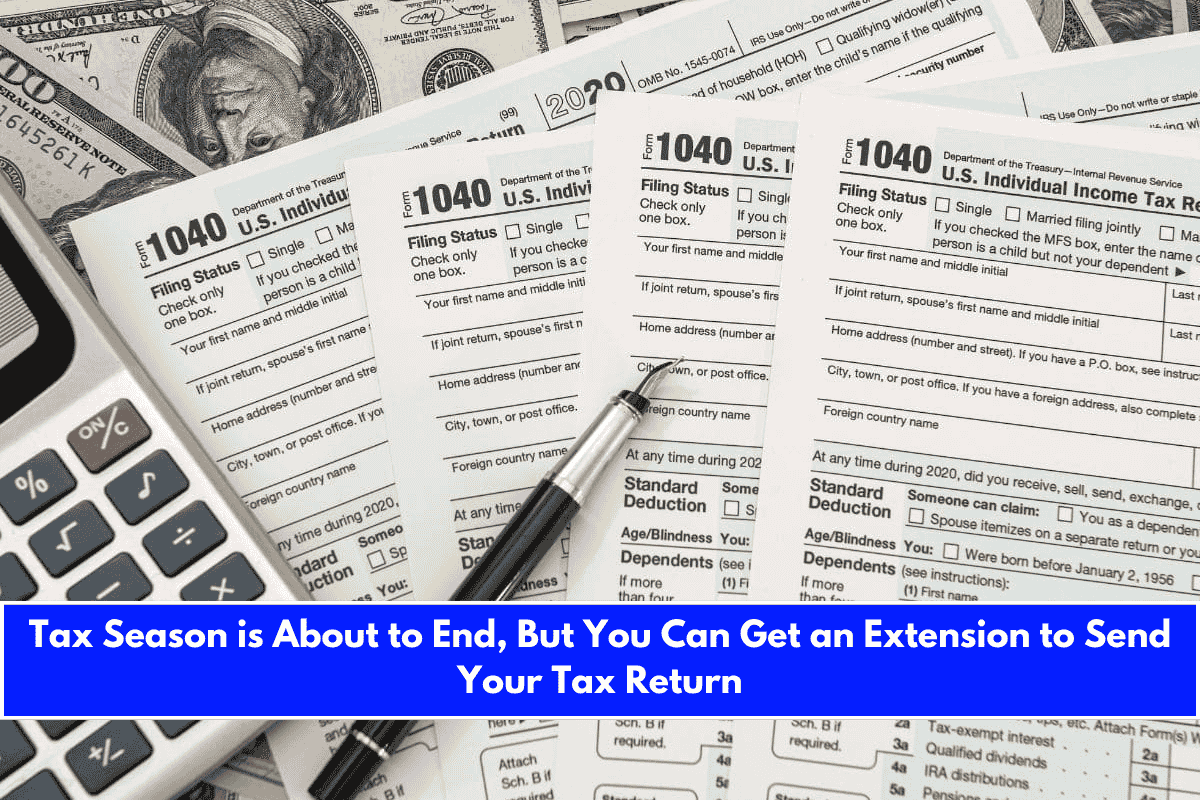Tax season in the United States is reaching its final days, and millions of taxpayers have already sent their forms to the IRS (Internal Revenue Service). But for those who still haven’t filed, or are not ready due to missing documents or financial changes, there’s good news — you can request a filing extension.
This extension is a legal option that gives you extra time to submit your tax return. However, it’s important to understand that this extra time is only for filing, not for making tax payments.
Let’s look at how to request this extension, the deadlines you need to know, and what happens if you miss them.
What Is the Tax Filing Deadline in 2025?
The official tax filing deadline for 2025 is April 15. This means all taxpayers must:
- File their tax return, or
- Request an extension, by this date
Failing to do either could lead to penalties, including late filing fees and interest.
How to Request a Tax Filing Extension
If you’re not ready to file your tax return by April 15, you can request an extension that gives you up to six more months — moving the deadline to October 15, 2025.
Steps to Request an Extension:
- Fill out IRS Form 4868
- Submit it electronically using:
- IRS Free File
- Tax software
- A tax professional
- Or, you can mail a paper form (but electronic filing is faster and safer)
This is a free service provided by the IRS, and once submitted, you’ll receive a confirmation if your request was accepted.

Important Reminder: Payment Is Still Due by April 15
Even if you get an extension to file your return, you must pay any taxes owed by April 15. The IRS does not give extra time to pay, only to file.
If you don’t pay by this date, you could face:
- Interest on unpaid taxes
- Late payment penalties
So, if you expect to owe taxes, it’s best to estimate the amount and pay it on time, even if you haven’t finished your return.
What Happens If You Don’t File or Request an Extension?
If you miss both the filing deadline and don’t request an extension, the IRS may charge you:
- 5% penalty per month on unpaid taxes
- Up to a maximum of 25%
And interest will continue to build on the unpaid amount.
If you’re unable to pay your taxes in full, the IRS offers installment plans, so it’s better to file on time and make arrangements, rather than ignore the deadline.
What If You’re Expecting a Refund?
If you’re expecting a refund and haven’t filed, don’t worry — the IRS won’t charge you a penalty. But keep in mind:
- You have 3 years from the original deadline to claim your refund
- If you wait too long, you might lose your refund forever
So, it’s still a good idea to file as soon as possible.











Leave a Reply